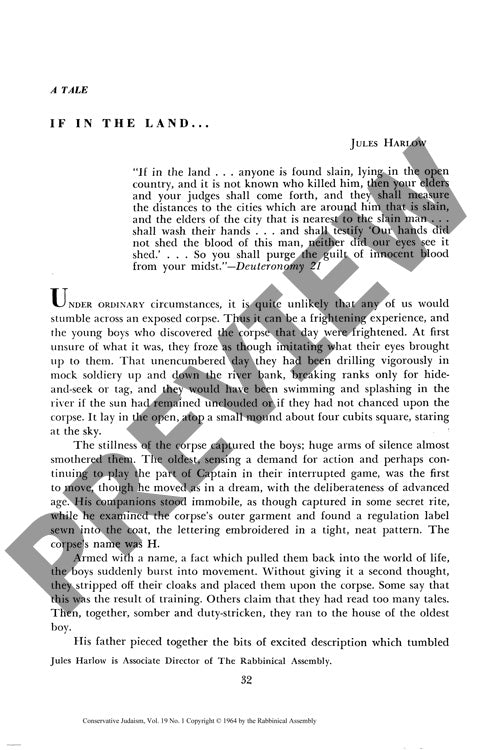If in the Land a Tale
Couldn't load pickup availability
When religious communities face a crisis of leadership, they often become trapped between rigid adherence to tradition and the pressing need for transformation. Through an allegorical narrative grounded in Deuteronomy 21's ritual procedures for unsolved deaths, three fictional cities confront the death of their shared ruler "H," each embodying distinct communal responses to religious authority and institutional change. The narrative's symbolic construction reveals how communities navigate mortality and succession: the first city clings to orthodox denial, refusing to acknowledge their leader's passing; the second represents those who have already weathered such transitions; while the third grapples actively with questions of reform and authority. By analyzing these divergent responses through careful textual and allegorical interpretation, the study illuminates how religious communities employ various strategies—from outright denial to procedural disputes—to avoid confronting fundamental questions about leadership succession and institutional evolution. The findings demonstrate that modern faith communities often become immobilized by competing interpretations of traditional procedures, ultimately hindering their capacity for necessary adaptation and renewal. This work advances our understanding of how religious institutions respond to crisis within traditional frameworks while negotiating the delicate balance between preservation and transformation.

More Information
-
Physical Description
-
Publication Information
Published 1964
ISBN
-
Publication Credits
Jules Harlow

